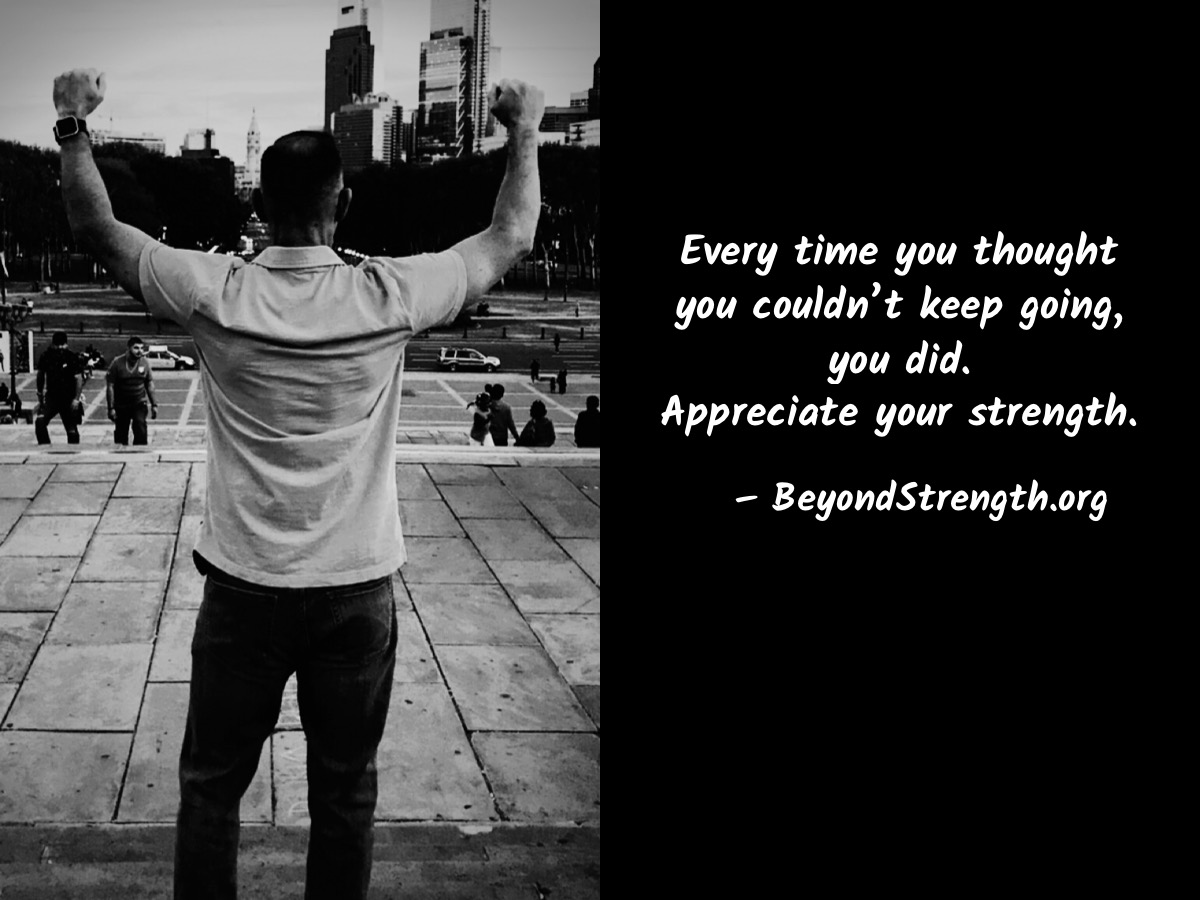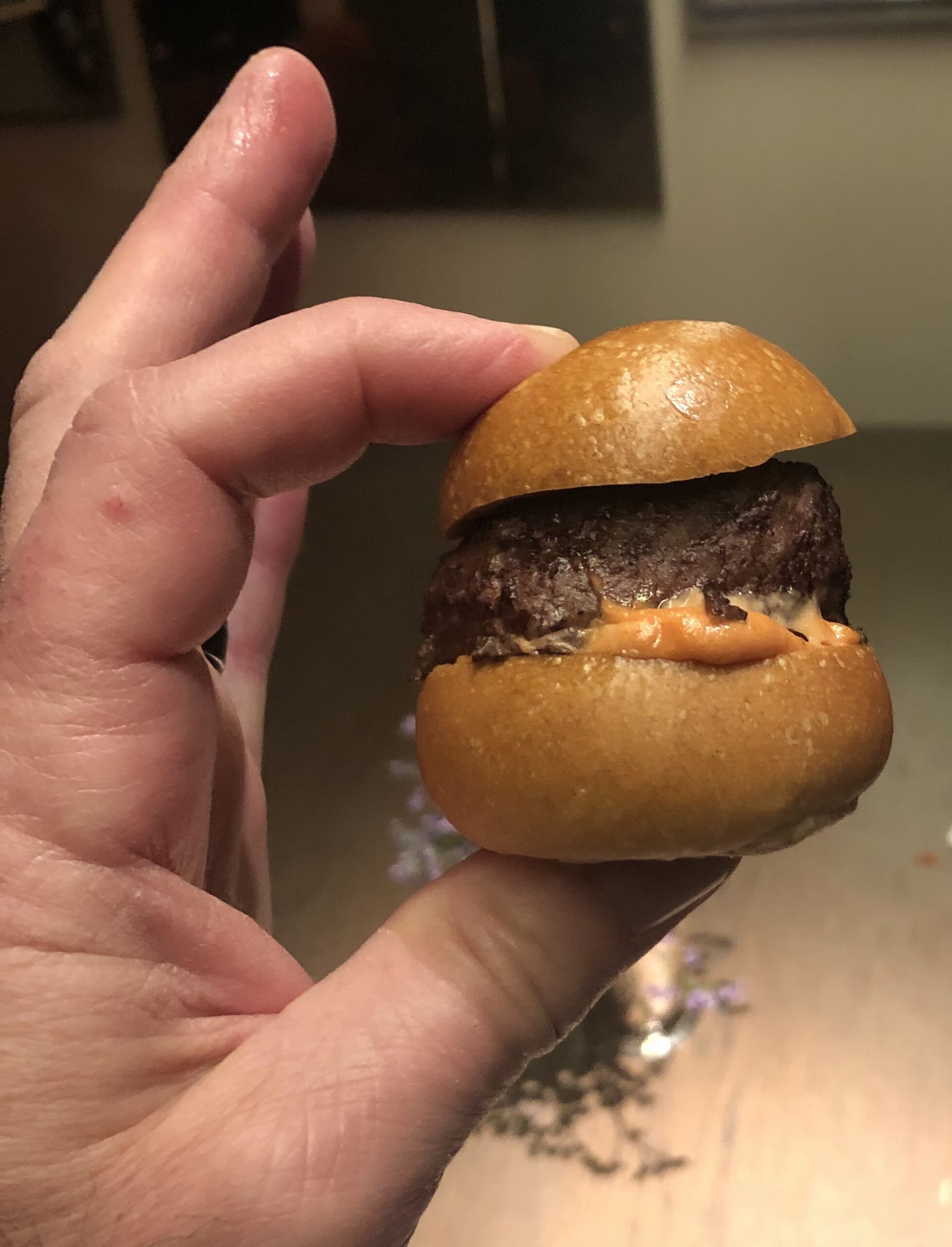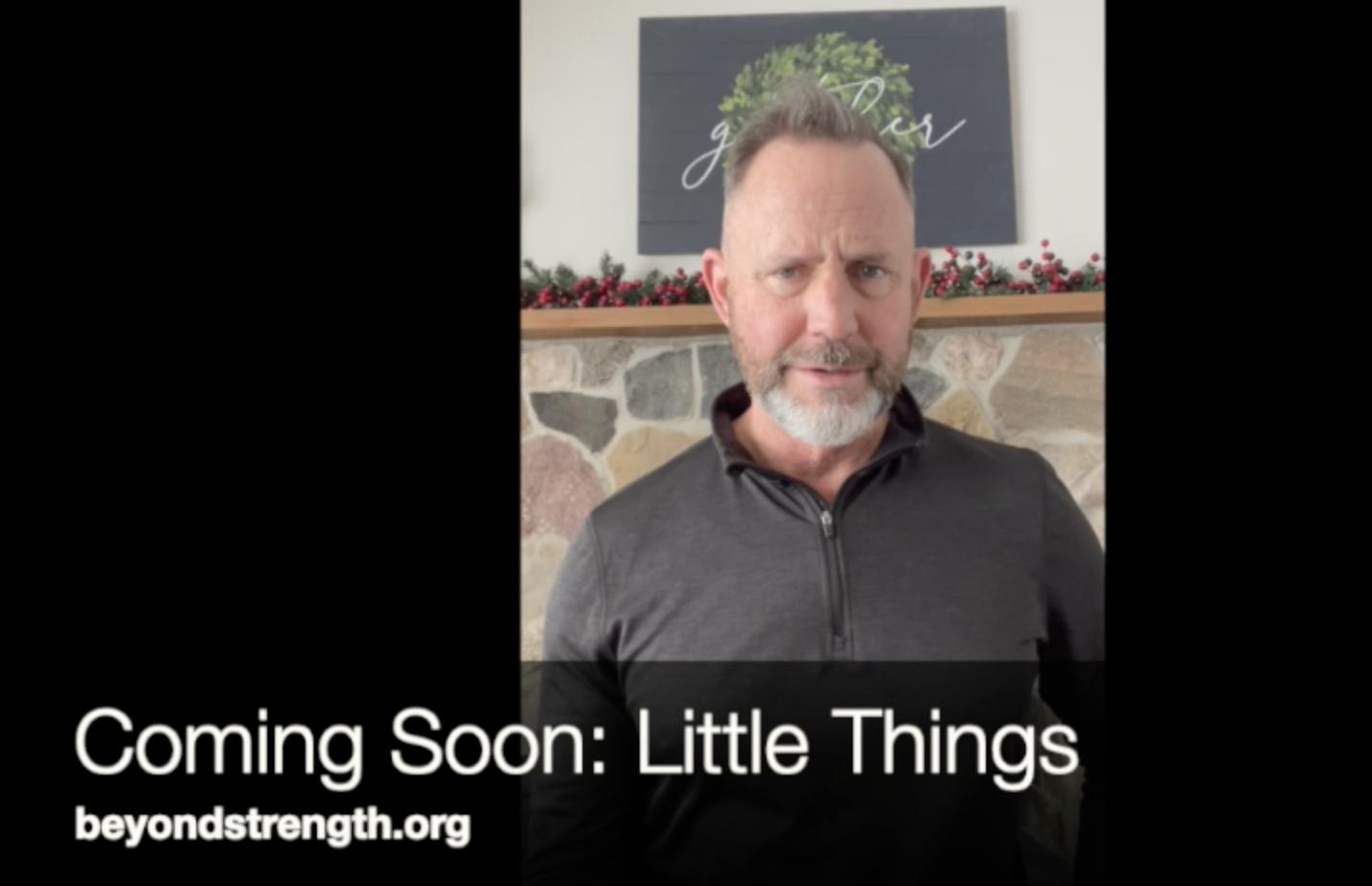“The main ingredient of stardom is the rest of the team.” – John Wooden
During a recent service, my pastor quoted Charles Spurgeon: “Scripture frequently sums up a man’s life in a single verse.” I’ve thought a lot about what single verse might sum up my life. While many could easily apply, like Ephesians 3.8 (I am less than the least of all the Lord’s people), one perhaps fits best: “Christ Jesus came into the world to save sinners – of whom I am the worst.” (1 Tim 1.15)
Look, it’s not a competition; no one wins at sin. But I fall short a lot, and the closer I get to God the more obvious and uncomfortable my unworthiness is. So I place myself at the top of the list. And like anyone in uncomfortable situations, I have a couple of choices: distance myself or draw closer. While the tendency for most is to disconnect, for the person of faith it should be to draw near to God and surround ourselves with others who make us better people.
Life and leadership are about helping others be successful.
“Any man’s death diminishes me, because I am involved in mankind.” (John Donne) While there’s something to be said for independence and alone time once in a while, no man is an island. Humans are interdependent. From the beginning, God said it’s not good for man to be alone. Pets are great, but we need companionship with others like us…with intellect, ethics, emotions, spirituality. Besides, pretty much everything in life requires some level of teamwork: leadership, business, sports, relationships. A widely shared passage in Ecclesiastes (4.9-12) reminds us that two are better than one and a cord of three strands is not easily broken. Not only can they help us be our best, other people help prevent loneliness and isolation. One only need consider the devastating emotional effects many experienced during the pandemic lockdowns to understand this truth.
But not every friend is a good one, nor every team a winner. A friend loves at all times, not just when you’re with them or have something to offer. And even teams with the greatest all-stars lose. The symbolism of that simple threefold cord helps us understand it’s better to have a few of the right players than an abundance of the wrong. A friends list or team roster stacked with the wrong people can lead to all sorts of trouble, but a GOOD team player and the RIGHT kind of helper is essential to success.
“It is not important what role you play, as long as you play your role.” – Don Denyes






Have you ever watched the credits roll at the end of a show? They seem to run forever and list literally hundreds of cast and crew. Few are the ‘stars’. As I write this article, final rehearsals are taking place for a stage production I’m involved with. Like most, I play a very small role. Yet having experienced a fair amount of theater (and a couple of film productions), I can tell you that it takes the entire cast and crew to be successful. Contrary to pop news, it’s the collective excellence of the set, sound, and stage crews, minor characters, and company performers that make or break a show. Of course the right leads are important, but even a momentary loss of character or focus by a supporting role upstage is immediately noticeable and often what keeps an average production from being exceptional. Every member of the cast and crew must be bought in, committed, support one another, and work seamlessly together throughout – keeping always the best interest of the show and team at the forefront; even if that means not being the center of attention.
For me, home projects are another example of my need for others. I take pride in being good at a number of things, but certain handiwork is not generally among them. Sure, given enough time and do-overs I can generally muddle through, but the results are more akin to ‘That’ll work.’ than ‘Wow, that looks amazing.’ And while I have no trouble running a saw, tape, or hammer, it did once take me two tries to install a cat door. The result was convenient floor and ceiling access for what I thereafter referred to as our circus cat. Note: when you remove a door for such projects, remember which end is which (that’s just one of many examples from life in the unskilled trades). Had I just asked for a little help…


Disposition is everything when it comes to teamwork.
There are many more examples of our need for relationships and teamwork in life. We simply can’t do life alone, so the virtues of humility, respect, and the ability to relate to others are invaluable.
John Maxwell points out in his book The 360 Degree Leader, “Leadership is more disposition than position.” The same is true of teamwork. Leading, following, asking for help, and helping others all require an unpretentious disposition. Humility is the antithesis of pride and self-service, which in turn are contradictory to being a great leader, teammate, and friend. It’s a small man who neither offers nor asks for help, and who runs down others to boost his own fragile ego. Yet ironically, it is the same man’s inflated ego and self-serving disposition by which humility and vulnerability escape him. While people with these traits make poor leaders, teammates, and friends, it may simply be that they lack emotional intelligence; particularly empathy and self-awareness.
So what does this have to do with the rest?
The strength of the whole is greater than the sum of the parts.
We all have issues. Humans are imperfect. Teams are a collection of individuals, therefore likewise imperfect. In his book The Ideal Team Player, Patrick Lencioni focuses on team members individually improving on “…the virtues that make him or her more likely to overcome the dysfunctions that derail teams.” This not only applies to the pretentious egotist mentioned above, it translates to all areas of life. Looking within and without, individually and collectively, we can make the world a better place by making each other better. It’s ok to be broken, but we’re still better together than apart!
Nicky Gumbel shared this from Desmond Tutu recently: ‘The solitary human being is a contradiction in terms…[W]e are made for complementarity. We are created for a delicate network of relationships, of interdependence with our fellow human beings…’ Adds Gumbel, “God does not intend for you to be lonely and isolated.”
We were created with an enduring need for others and a relationship with God. He gave us an important and obvious example in sending his son to share in our humanity, without whom salvation is impossible.
The show must go on…work hard to live at peace and encourage one another.
Get Strong. Be Strong. Stay Strong.

John Donne prose retrieved from: https://www.poemhunter.com/poem/no-man-is-an-island/
Lencioni, P. (2016). The ideal team player. Josey-Bass.
Maxwell, J. C. (2011). The 360-degree leader. Thomas Nelson.



































